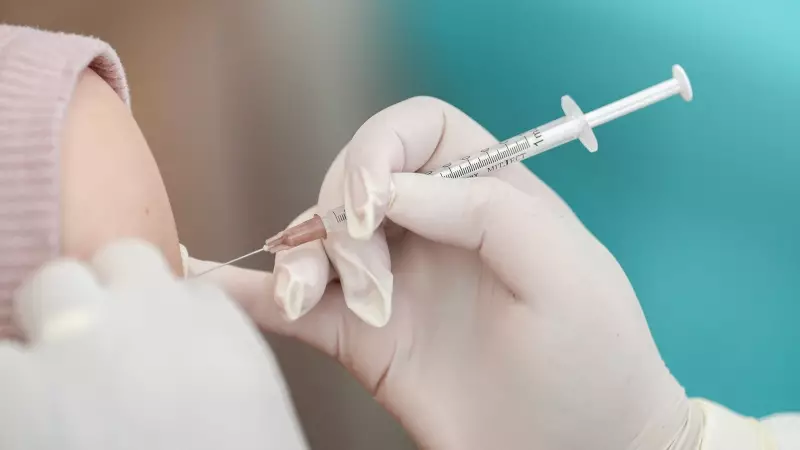
In a significant development for global health security, the Serum Institute of India (SII) has announced a strategic partnership with the University of Oxford to manufacture a promising vaccine against the deadly Nipah virus. This collaboration marks a crucial step forward in combating one of the world's most dangerous pathogens.
A Deadly Threat Meets Its Match
The Nipah virus, with its terrifying fatality rate ranging from 40% to 75%, has been identified by the World Health Organization as a priority pathogen requiring urgent research and development. Outbreaks in Kerala and other parts of Asia have demonstrated the devastating potential of this zoonotic disease.
This Oxford-developed vaccine candidate has already shown remarkable promise in early clinical trials, generating optimism among the global medical community. The partnership leverages SII's massive manufacturing capabilities with Oxford's cutting-edge research expertise.
Pune's Pharmaceutical Powerhouse Steps Up
Based in Pune, the Serum Institute will take charge of scaling up production and ensuring global distribution once the vaccine completes necessary regulatory approvals. This initiative represents another milestone for India's growing prominence in the global vaccine landscape, following the institute's crucial role during the COVID-19 pandemic.
The collaboration includes comprehensive funding support covering development costs, manufacturing scale-up, and distribution planning. This financial backing ensures that the vaccine development process can proceed without delays, potentially saving countless lives when future outbreaks occur.
Global Health Implications
This partnership addresses a critical gap in the world's preparedness for Nipah virus outbreaks. Unlike many other infectious diseases, effective vaccines and treatments for Nipah virus have remained elusive until now.
The timing couldn't be more crucial, as climate change and increased human-animal interactions have raised concerns about more frequent zoonotic disease outbreaks. Having a readily available vaccine could prevent the kind of devastating outbreaks that have affected communities across South and Southeast Asia.
As the world continues to grapple with emerging infectious diseases, this collaboration between one of India's leading vaccine manufacturers and one of the world's premier research institutions represents hope for better preparedness and rapid response capabilities.





